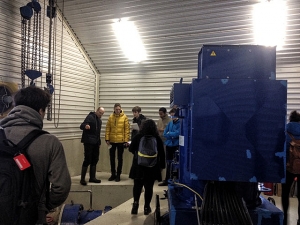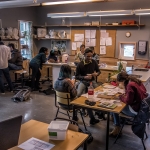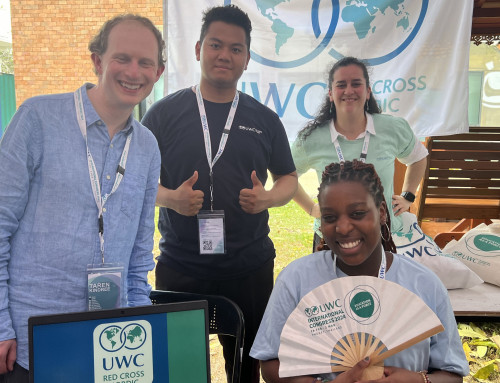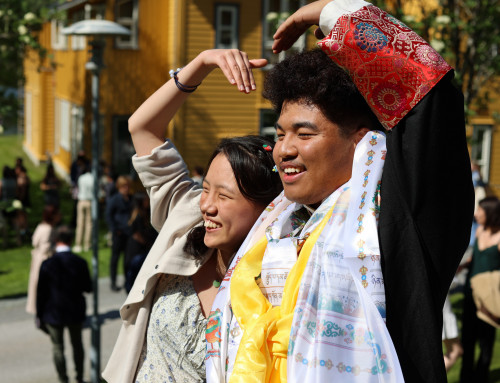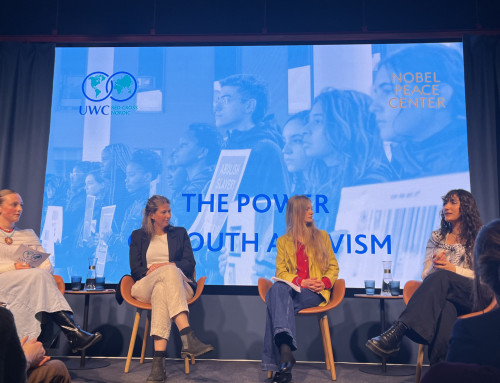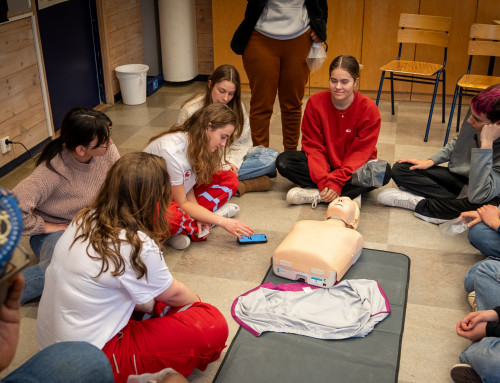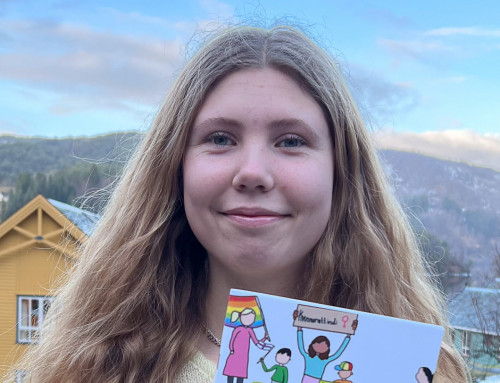In most science classes students work alone or in pairs; the purpose of the Group 4 project is to introduce students to the idea that science is a group activity performed by teams and that do not always comprise of just physicists, biologists or chemists but a mixture of scientists from different disciplines plus mathematicians, economists even musicians and artists. In IB speak the aim is to:
- “encourage an understanding of the relationships between scientific disciplines and the overarching nature of the scientific method”,
- “develop and apply the students’ information and communication technology skills in the study of
science”and - “raise awareness of the moral, ethical, social, economic and environmental implications of using
science and technology”
The following is a reflection about the day written by student Sara-Estelle Gößwein.
Group 4 Day – An experience of applied science
In my old school we maybe did three experiments during all the years I had sciences as a subject. Not so at UWC! We spent an entire day just developing ideas and experimenting in order to gain practical knowledge. Pure ‘learning by doing’.
The ‘Group-4 day’ requires students to spend ten hours on a scientific project. Norway uses its nature in a considerate and careful way in order to produce some of the energy needed for its population. So a day had been planned by the physics department, which would allow us to create a model of a hydroelectric power plant. In teams of four we started to discuss ideas, share previous knowledge, ask questions and meet challenges. Some of our doubts or empty spaces were soon filled by useful and precise information we received during a visit of an actual hydro-electric power-plant, which one of its three owners kindly showed and explained to us. At first we were surprised that a power plant can be disguised in such a cozy (hyggelig) looking house!
Later, not only the students, but also our supervisors were then electrified by how efficient most of our models turned out to be. After visiting the power-plant, building the models and taking data from the river near by, we calculated actual values for our models and evaluated that due to various reasons a hydroelectric power-plant would unfortunately not be feasible at RCN.
Although we will not change our models into real power-plants I am happy to conclude that I found the ‘Group 4 day’ very interesting; I enjoyed working in my group and found myself becoming even more curious about the topic itself.
Here are some pictures from the day.


